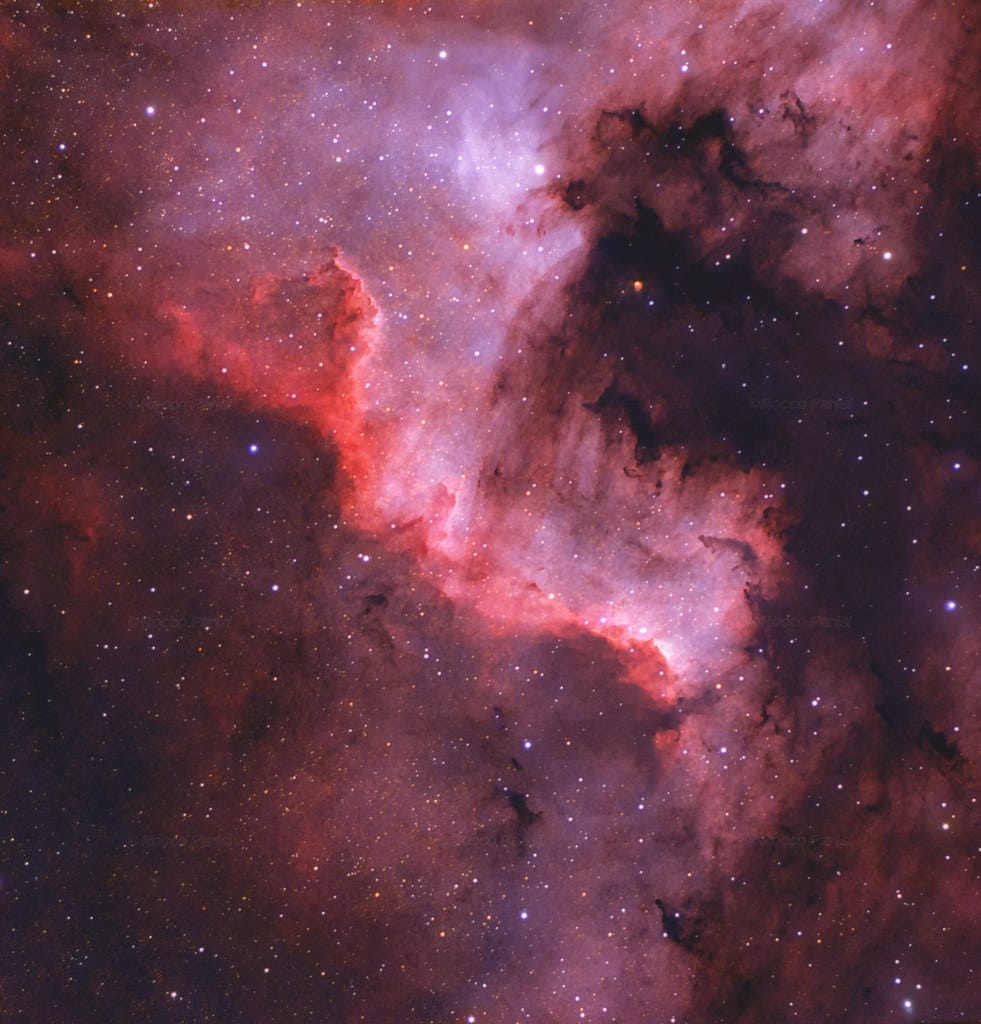House Republicans Launch Investigation into Wikipedia's Editorial Practices Amid Bias Allegations
Republican lawmakers have initiated a formal investigation into Wikipedia, alleging the world's largest online encyclopedia has become a vehicle for systematic political bias that undermines its credibility as a neutral information source. The House Judiciary Committee, led by Chairman Jim Jordan, issued letters demanding transparency about the platform's content moderation practices and editorial decision-making processes.
The Investigation Takes Shape
The congressional probe centers on claims that Wikipedia's volunteer editor network and administrative structure have been compromised by coordinated efforts to promote left-leaning perspectives while suppressing conservative viewpoints. Republicans cite specific examples of article disputes, editor conflicts, and content decisions they argue demonstrate a pattern of ideological manipulation.
Key areas of inquiry include Wikipedia's handling of politically sensitive topics such as climate change, COVID-19 origins, and biographical entries for public figures. The investigation also examines the platform's source verification standards and whether certain news outlets are given preferential treatment in citation hierarchies.
Specific Allegations Surface
Congressional investigators point to several high-profile editorial controversies as evidence of systemic problems. These include disputes over the characterization of certain political events, biographical details of conservative figures being presented unfavorably, and the exclusion of sources that don't align with what Republicans term Wikipedia's "editorial orthodoxy."
One focal point involves the platform's treatment of the Hunter Biden laptop story, which Republicans argue was initially downplayed or characterized skeptically before later proving credible. Similar concerns have been raised about Wikipedia's coverage of various aspects of the 2020 election and COVID-19 policy debates.
The lawmakers also question Wikipedia's relationship with fact-checking organizations and whether these partnerships create additional layers of potential bias in content determination.
Wikipedia's Governance Under Scrutiny
The investigation delves into Wikipedia's unique governance structure, which relies on volunteer editors and administrators to maintain content standards. Republicans argue this system may be vulnerable to organized influence campaigns by politically motivated groups seeking to shape public discourse.
Wikipedia operates under a "neutral point of view" policy that requires articles to present information fairly and without bias. However, critics contend that the interpretation and enforcement of this policy has become increasingly partisan, particularly on controversial topics.
The Wikimedia Foundation, which oversees Wikipedia, maintains that its editorial processes are transparent and that content disputes are resolved through established community mechanisms designed to ensure accuracy and neutrality.
Broader Digital Information Concerns
This investigation reflects growing Republican concerns about information control across digital platforms. Similar scrutiny has been applied to social media companies, search engines, and other online information gatekeepers that lawmakers argue wield disproportionate influence over public discourse.
The Wikipedia probe represents a unique challenge given the platform's nonprofit status and volunteer-driven model, which differs significantly from traditional social media companies with clear corporate hierarchies and profit motives.
Republicans argue that Wikipedia's widespread use in educational settings and its prominent placement in search results make questions about its editorial integrity particularly important for democratic discourse and informed citizenship.
Industry and Academic Response
Media scholars and digital rights advocates have expressed mixed reactions to the investigation. Some support increased transparency in how major information platforms operate, while others worry about potential government overreach into editorial independence.
Wikipedia's supporter community argues that the platform's open editing model and extensive documentation of editorial discussions actually provide more transparency than traditional media outlets. They contend that allegations of systematic bias ignore the platform's self-correcting mechanisms and the diversity of its global contributor base.
Looking Ahead
The House investigation represents the most significant government scrutiny Wikipedia has faced regarding its editorial practices. The outcome could influence how lawmakers approach regulation of online information platforms and may prompt changes in how Wikipedia governs itself.
As the investigation proceeds, it will likely intensify debates about the balance between editorial independence and accountability for platforms that shape public understanding of current events and historical facts. The Wikipedia case may become a bellwether for broader discussions about information integrity in the digital age and the appropriate role of government oversight in online content moderation.
The stakes extend beyond partisan politics to fundamental questions about how democratic societies ensure access to reliable, unbiased information in an increasingly complex media landscape.
